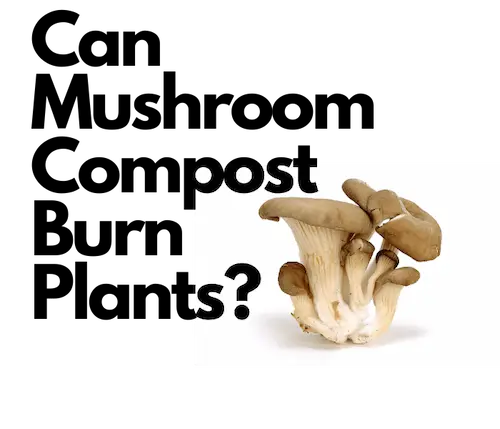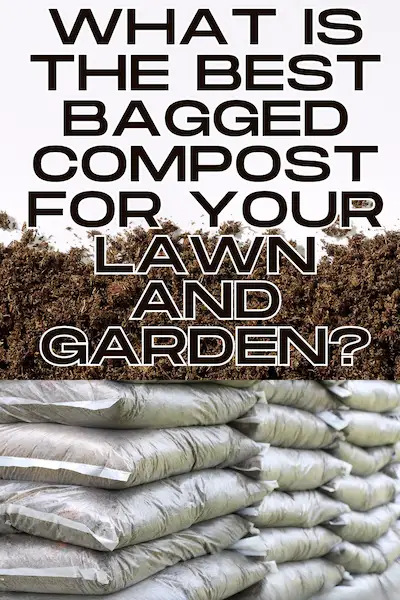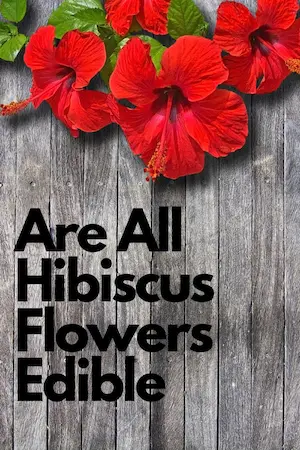Can mushroom compost burn plants? – How to use it

Will Mushroom Compost Burn Plants?
The burning question in the realm of gardening often revolves around the potential risks associated with using certain soil amendments. “Will mushroom compost burn plants?” This inquiry reflects the concerns of many gardeners who seek to balance the benefits of organic matter with the potential drawbacks of high salt content and other factors. Mushroom compost, hailed for its enriching properties, prompts curiosity due to its diverse composition and potential impact on vegetation. Let’s embark on a journey to unravel the mysteries surrounding mushroom compost, exploring its origins, benefits, and implications for gardeners.
What is Mushroom Compost?
Mushroom compost, also known as mushroom soil or organic mushroom compost, is a product born from the fascinating world of mushroom farming. It begins its life as a substrate for mushroom growth, composed of various organic materials such as horse manure, peat moss, chicken manure, corn cobs, and sometimes garden soil. The mushroom farming process involves mixing these ingredients with mushroom spawn, the fungal equivalent of seeds, to initiate the growth of mycelium—the vegetative part of the fungus. As the mycelium colonizes the substrate, mushrooms begin to sprout, eventually leading to a harvestable crop. Once the mushrooms are harvested, the remaining substrate is recycled as mushroom compost, rich in organic matter and beneficial microorganisms.
Benefits of Compost in General
Before delving into the specifics of mushroom compost, it’s essential to understand the broader benefits of compost in gardening. Compost serves as a valuable soil amendment, enriching soil structure, enhancing water retention, and improving nutrient availability. It fosters microbial activity, enriches the soil with essential nutrients, and suppresses the germination of weed seeds, creating an optimal environment for plant growth. Whether applied to vegetable gardens, flower beds, or potted plants, compost contributes to soil health and vitality, promoting robust and thriving vegetation.
Where Does Mushroom Compost Come From?
Mushroom compost originates from mushroom growers who utilize organic materials to cultivate fungi. The composting process begins with the decomposition of organic matter, facilitated by microorganisms present in the mushroom substrate. As the composting process progresses, heat is generated, accelerating the breakdown of plant material and pathogens. Mushroom spawn is then introduced into the substrate, initiating the growth of mycelium, which colonizes the organic matter. Over time, the mycelium decomposes the substrate further, converting it into a nutrient-rich medium suitable for mushroom cultivation. Once the mushrooms are harvested, the spent substrate is recycled as mushroom compost, ready for use in gardens and landscaping.
Salt Levels in Mushroom Compost
One aspect of mushroom compost that warrants attention is its salt content. Mushroom compost can contain elevated levels of soluble salts, particularly if it includes ingredients like chicken manure or certain types of bedding material. High salt levels in compost can have detrimental effects on soil and plant health, especially in salt-sensitive plants or regions with naturally saline soils. Excessive salts can disrupt soil structure, inhibit water absorption by plant roots, and lead to nutrient imbalances. Therefore, it’s essential to test mushroom compost for salt levels before application and to use it judiciously, particularly in areas prone to salinity issues.
What Types of Compost Are Best?
When selecting compost for garden use, yard waste compost is generally preferred for its balanced nutrient profile and low risk of salt accumulation. Regular compost derived from leaves, grass clippings, and plant trimmings offer a diverse array of organic materials without the potential drawbacks of mushroom compost. These composts contribute to soil health without posing risks to plant growth, making them suitable for a wide range of gardening applications. Additionally, incorporating trace minerals and worm castings into compost piles can further enhance their nutrient content and microbial activity, promoting healthy plant growth and soil vitality.
Which Animal Composts Are Best?
While animal-based composts like mushroom compost can be beneficial for soil health, not all types are created equal. Horse and chicken manure, common components of mushroom compost, can be “hot,” meaning they have high nitrogen content and may contain pathogens if not properly composted. As such, composting these materials thoroughly is crucial to ensure they are safe for use in gardens. Conversely, compost derived from herbivorous animals like cows or goats tends to be milder and lower in nitrogen, making it suitable for a broader range of plants and soil types. When using animal-based composts, it’s essential to consider their nutrient content, potential pathogens, and suitability for specific plant species.
Where to Buy Mushroom Compost
Organic mushroom compost is readily available at garden centers, nurseries, and landscaping suppliers. It can also be purchased online and delivered in bulk quantities, typically measured in cubic yards. When purchasing mushroom compost, it’s essential to source it from reputable suppliers who adhere to proper composting practices and quality standards. Fresh mushroom compost is preferable to aged or improperly stored compost, as it retains more of its nutrient value and microbial activity. By obtaining mushroom compost from reliable sources, gardeners can ensure they are receiving a high-quality product that will benefit their plants and soil.
Uses of Mushroom Compost
Mushroom compost finds diverse applications in gardening and landscaping. It can be used as a soil amendment to improve soil structure, fertility, and water retention. When applied as a thin layer on garden beds or incorporated into planting holes, mushroom compost enriches the soil with important nutrients and beneficial microorganisms, promoting healthy plant growth and vigorous root development. Additionally, mushroom compost can be used as a growing medium for container gardening, providing plants with essential nutrients and moisture retention capabilities. Whether used in vegetable gardens, flower beds, or lawn care, mushroom compost serves as a valuable tool for enhancing soil health and supporting robust plant growth.
FAQ
Which plants can benefit from mushroom compost? Mushroom compost can benefit a wide range of plants, including vegetables, flowers, shrubs, and trees. Its nutrient-rich composition and beneficial microorganisms promote healthy growth and improve soil fertility.
Which composts are safest? Composts derived from yard waste, such as leaves, grass clippings, and plant trimmings, are generally considered safe for garden use. These composts have balanced nutrient profiles and low risk of salt accumulation.
Is compost hard to make yourself? Composting can be a straightforward process with the right knowledge and tools. By combining organic materials such as food scraps, yard waste, and manure in a compost pile or bin, gardeners can create nutrient-rich compost for their gardens.
Will mushroom compost burn vegetable plants? Mushroom compost can potentially burn vegetable plants if applied in excessive amounts or if it contains high levels of soluble salts. It’s essential to use mushroom compost judiciously and monitor plant health when using it in vegetable gardens.
Will mushroom compost burn flowers? Like vegetable plants, flowers can be susceptible to burning from mushroom compost if applied excessively or if the compost contains high salt levels. It’s important to use mushroom compost sparingly and to monitor plant health when using it around flowers.
Does mushroom compost have mushroom spores? While mushroom compost may contain residual mushroom spores, the composting process typically destroys most spores. However, it’s possible for some spores to remain in the compost, especially if it has not been fully composted or if fresh mushroom blocks are used in the composting process.
Is mushroom compost safe? When properly composted and used in moderation, mushroom compost is generally safe for garden use. However, it’s essential to test mushroom compost for salt levels and to monitor plant health when using it in the garden to ensure optimal results.
Conclusion
In conclusion, the question of whether mushroom compost will burn plants is multifaceted, requiring careful consideration of its composition, application, and potential effects on soil and plant health. While mushroom compost offers numerous benefits as an organic soil amendment, its high salt content and potential variability in nutrient composition necessitate caution when using it in gardens. By selecting composts with balanced nutrient profiles and low risk of salt accumulation, gardeners can ensure they are providing their plants with the essential nutrients and healthy growing conditions they need to thrive. With proper application and attention to soil health, mushroom compost can be a valuable asset in the garden, supporting lush vegetation and sustainable gardening practices for years to come.

Best Bagged Compost for Lawns and Gardens
What is the best bagged compost for your lawn and garden? The quick answer is the best bagged compost for lawns and vegetable gardens is the one you make at home.. I’ll explain to you why this is the best option and show you how easy it is to make your own compost pile. There…

Are All Hibiscus Flowers Edible?
Every year, I eagerly anticipate my visit to Costco to purchase hibiscus plants, not just for their stunning beauty but also for the delightful taste of hibiscus tea and its associated health benefits. So yes! All Hibiscus flowers, also some of their young leaves, are edible! While this may not be traditional native plant foraging,…